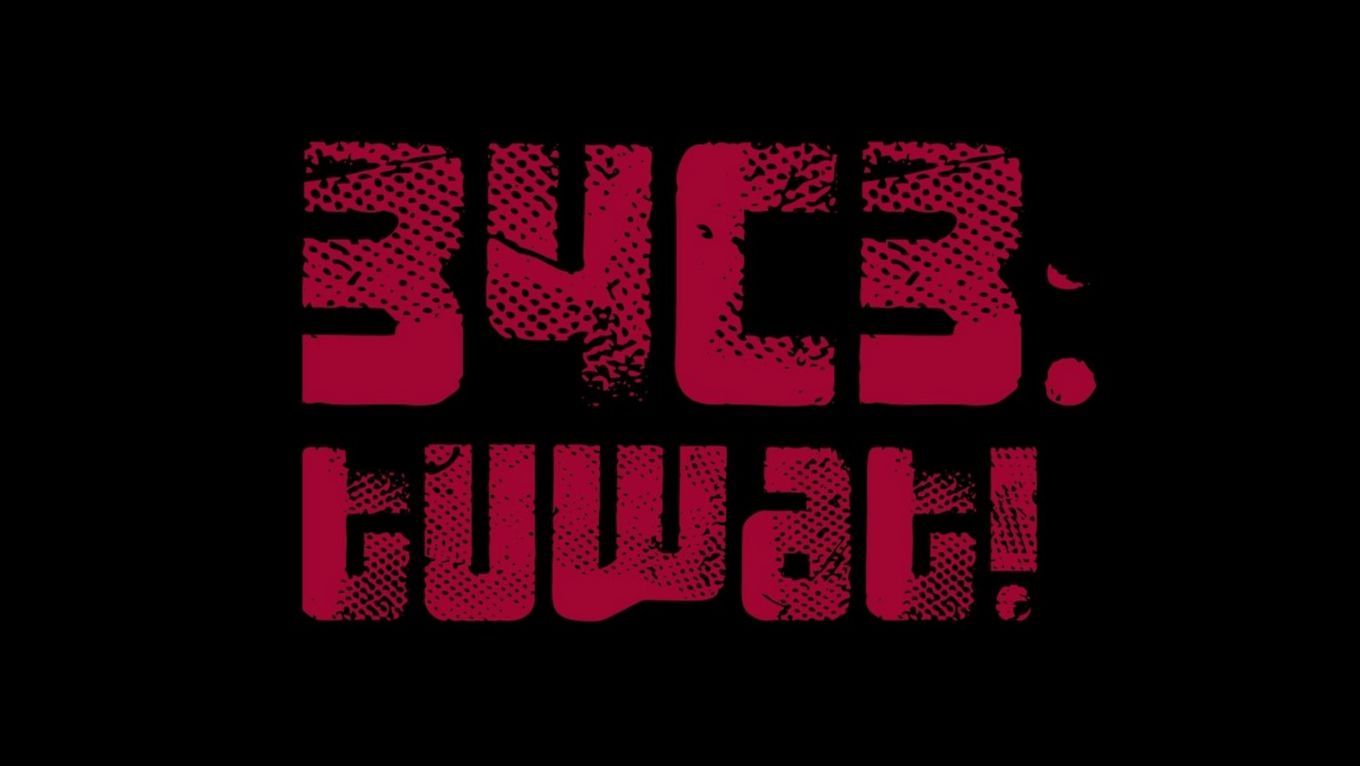Ethics, Society & Politics
Catch me if you can: Internet Activism in Saudi Arabia
Activists in Saudi Arabia have been able to celebrate important victories like the recent lifting of the ban on women driving in September 2017 but have to fight on a lot of other front lines at the same time. Websites are blocked on a large scale and many activists are sent to jail on the grounds of a loosely used cybercrime law. This talk will give some insight into the current social and political strife happening on the Saudi Internet from a first-hand-perspective using some of the data collected in a collaboration with the OONI project.
There is a simple reason why the Internet and social media have such an important role in the current struggle for social and political change: About 75 percent of the Saudi population are younger than 30 years old and basically everyone is online all the time: 75 percent of the Saudis have a smartphone and Saudi Twitter users account for 40 percent of all Twitter users in the whole Arab world.
Life in the Kingdom is strongly influenced by the conflict between conservative-religious groups on one side and liberal activists on the other side who are trying to further democratic values, women's rights, free speech and freedom of religion. While the government is restricting public discourse, activists are pushing for reforms and are trying to make their voices heard.
This activism and so-called „overstepping of red lines“ comes at a price: Many have heard of the blogger Raif Badawi, who has been imprisoned in Saudi Arabia since 2012 and sentenced to 10 years in jail and 600 lashes for setting up a website that criticises religious figures. But fewer people are familiar with the cases of activists like Waleed Abulkhair, Ashraf Fayadh, Hamza Kashgari, Mariam al-Otaibi, Loujain AlHathloul and many others who are often charged and sentenced to prison for tweets or websites that they have put up under a very elastic clause in Saudi Arabias cyber crime law.
This talk strives to give some insight into the darkness of the current state of affairs on the Saudi internet as well as to show some of the rays of hope:
1) We will have a look at Saudi Arabias cyber crime law which was instituted in 2007 and has since been amended multiple times: Now online newspapers and bloggers have to obtain a license and the government can monitor social media platforms to subsequently charge people for cyber crime or cyber terrorism for „promoting“ adultery, homosexuality, atheism or criticizing the government or religious figures.
2) While living in Saudi Arabia I collaborated with the OONI Project (Open Observatory of Network Interference: https://ooni.torproject.org/) to take measure of the extent of censorship and blocked websites in the Kingdom. In this talk we'll look at the method that I used to collect this data as well as the gathered information and what we can conclude from this about the state of Internet censorship in Saudi Arabia.
3) And finally: Not all is lost. With years of relentless social media campaigns and the online organization of protest and dissent, activists are despite all the hardships they have suffered able to celebrate victories from time to time - like the recent lifting of the ban on women driving or the first participation of women in local elections.
Additional information
| Type | lecture |
|---|---|
| Language | English |
More sessions
| 12/27/17 |
In der EU wird gerade über eine Verordnung verhandelt, die für die Vertraulichkeit der elektronischen Kommunikation verbindliche und zeitgemäße Regeln schaffen soll. Diese „ePrivacy-Verordnung“ könnte in absehbarer Zeit die letzte Möglichkeit sein, dem informationellen Kontrollverlust EU-weit politisch etwas entgegenzusetzen.
|
| 12/27/17 |
The Joint Threat Research Intelligence Group (JTRIG), a unit in one of Britain’s intelligence agencies, is tasked with creating sockpuppet accounts and fake content on social media, in order to use "dirty tricks" to "destroy, deny, degrade [and] disrupt" enemies by "discrediting" them. In this talk, we reveal some of that content, in relation to infiltrating activists groups around the world, including during the Arab spring and Iranian revolution.
|
| 12/27/17 |
In 2014 China’s government announced the implementation of big data based social credit systems (SCS). The SCS will rate online and offline behavior to create a score for each user. One of them is planned to become mandatory in 2020. This lecture will review the current state of governmental and private SCS and different aspects of these systems.
|
| 12/27/17 |
Deutschland hat gewählt, man weiß nur noch nicht, wer regieren wird. Bis Weihnachten könnte ein Koalitionsvertrag verhandelt worden sein, vielleicht auch später. Was sind die zu erwartenden großen Debatten der neuen Legislaturperiode?
|
| 12/27/17 |
France is part of the top countries trying to destroy encryption, especially through backdoor obligations, global interceptions, and effort to get access to master keys. French law already criminalises the use of encryption, imposing heavier penalties on people using it or regarding them as general suspects. How can we oppose this trend? What political role for developers?
|
| 12/27/17 |
Software vendors like to claim that their software is secure, but the effort and techniques applied to this end vary significantly across the industry. From an end-user's perspective, how do you identify those vendors who are effective at securing their software? From a vendor's perspective, how do you identify those techniques which are effective at improving security? Presenting joint work with Sarah Zatko, mudge, Patrick Stach, and Parker Thompson.
|
| 12/27/17 |
Der NSA-BND-Untersuchungsausschuss des Deutschen Bundestags ist zu Ende. Da bietet es sich an, nun auf die gesammelten Geheimdienstskandale und die Reaktionen auf die Enthüllungen zurückzublicken.
|

